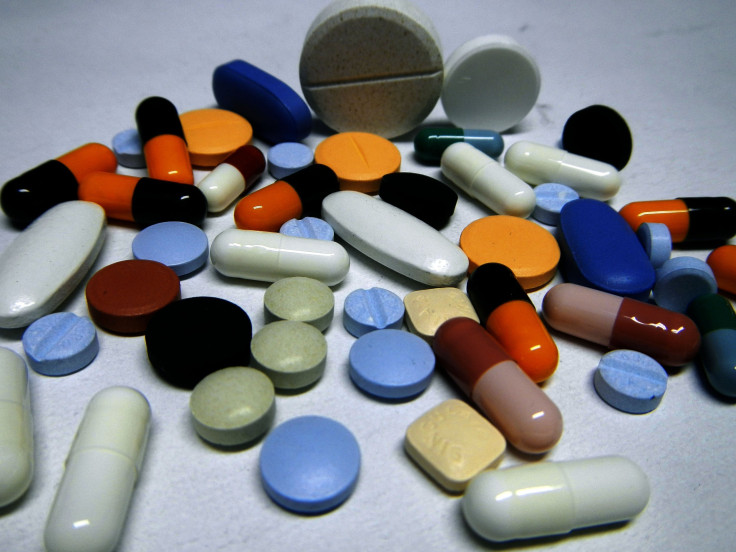India’s Dangerous Drug Problem

Indian companies exported generic drugs worth $4.2 billion to the United States last year, and demand is accelerating. But so too are safety concerns about these medicines -- and they’re not being addressed by the Indian government. U.S. and British authorities have taken a string of actions against generic drug imports from India, including issuing warning letters and import alerts to numerous drug manufacturing facilities for companies such as Ranbaxy, Strides Arcolab Ltd. and Wockhardt.
In May, Ranbaxy, one of India’s largest pharmaceutical companies, pleaded guilty to seven criminal charges, which included falsifying clinical data and distributing adulterated drugs in the United States – crimes totally without precedent in the pharmaceutical industry, and for which it paid fines and settlements totaling a record $500 million. Yet the state and federal drug regulators in India have taken no action. In states, such as Gujarat, Kerala and Tamil Nadu, the authorities have found hundreds of drug samples failing quality tests – but the number of persons arrested or drugs seized remains zero.
In our own studies, published in peer-reviewed journals, we analyzed over 6,000 drug samples purchased from pharmacies and retailers across Africa and Asia. Nearly half originated in India, many of which were sub-standard. India’s main problem now is that nationalism has replaced health protection as the guiding principle of drug regulation. A clear example of this is found in India’s drug price-capping measures. While these are intended to keep foreign companies out of the Indian market and to make essential medicines affordable to Indian citizens, in practice, even India’s local drug manufacturers have long complained that they cannot make drugs to the proper quality standard at the unrealistic prices demanded by government contracts, never mind produce sufficient profit to enable research and development. The government has therefore responded by exempting new drugs from the price controls for five years, if they are the result of an Indian innovation. But this is a fudge that favors Indian industry over the principle of affordable quality medicines to its citizens.
The Indian Parliament acknowledges the lack of competence of the Indian regulators to oversee quality of medicines and has published two scathing reports on it in the past two years. One of these resorts concluded: “India undoubtedly needs a strong, transparent, equitable, efficient and professionally managed drug regulatory system/authority urgently to meet global standards and ensure the confidence of the politicians, industry and the public at large that the health of the nation is well taken care of.” But precious little has been done to address the issue. Furthermore, the recent ruling by the Indian Supreme Court to suspend 157 clinical studies approved by the Indian regulator doesn’t inspire any confidence in the scientific review or the decision-making process at the regulator.
While public health is usually administered by qualified and experienced administrators who understand both health policy and its impact in other countries, the Indian equivalent is riddled with career bureaucrats whose last assignment before retirement appears to be to lead the country’s health regulatory authority. Systematic under-funding of this important area, coupled with lack of prioritization of healthcare related issues has created a system that is riddled with lack of accountability to the Indian public. Also, while other emerging economies like Brazil and China are collaborating with international drug regulators to improve standards, for at least a decade the Government of India has been commissioning and then ignoring reports on the regulatory failings of the Indian pharmaceutical industry. The disjointed, incompetent and seemingly corrupt Indian regime staggers on, claiming conspiracies by rivals, while leaving patients in India and the rest of the world vulnerable to substandard medicine.
A recent editorial in leading Indian national newspaper The Hindu concluded: “Until a deeper, institutional change takes place to break the nexus between drug companies and India’s regulatory regime -- a change that incorporates everything from surprise checks on manufacturing facilities to greater transparency in, and policing of, drug approvals processes and clinical trials -- there is a strong likelihood that Indian consumers of drugs made by these companies have poison coursing through their veins.”
Only a change of attitude within India will see India’s important pharmaceutical industry reach the heights it undoubtedly can achieve. Until then anyone, Americans included, ingesting Indian medicines should remember: Let the buyer beware!
Dinesh Thakur is the former Director of Research Information and Project Management at Ranbaxy Laboratories. Roger Bate is the author of "Phake: The Deadly World of Falsified and Substandard Medicine," an Adjunct Scholar at the American Enterprise Institute, and contributor at SearchingForSafety.net.
© Copyright IBTimes 2024. All rights reserved.





















